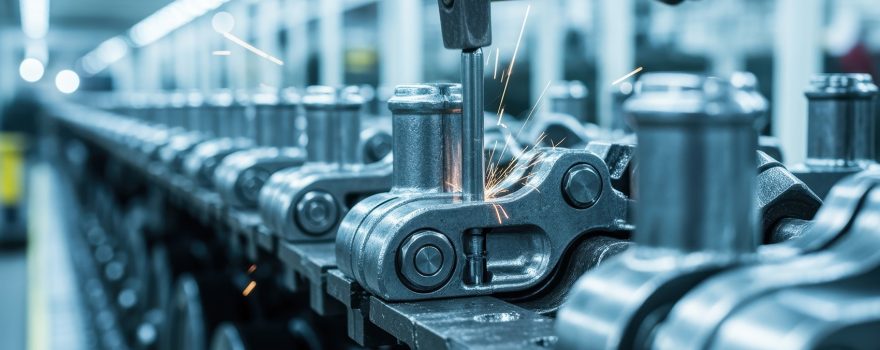
The Role of Bright Steels in the UK’s Automotive Transition
The UK automotive sector is undergoing the most significant transformation in its history. With the move towards electric and hybrid vehicles, alongside the push for lighter, stronger, and more sustainable components, the demand for specialist steels is evolving rapidly. Among the key materials driving this change is bright steel.
Why Bright Steels Are Vital to the Automotive Industry
They are widely used in precision-engineered automotive components because of their tight tolerances, high machinability, and excellent surface finish. Components such as drive shafts, steering racks, fasteners, and suspension parts all rely on bright steel bar.
For traditional internal combustion engines, bright steels have long been a backbone material, particularly in the production of gears and transmission systems. Now, with the rise of EVs, the requirements are shifting, but bright steels remain just as important.
Meeting the Demands of Electric Vehicles
Electric vehicles require parts that can withstand high torque, deliver precision under stress, and remain consistent through repeated manufacturing cycles. Bright steels—particularly grades designed for fatigue resistance and dimensional stability—are proving essential in this transition.
Manufacturers are also turning to free-cutting steels for efficiency in high-volume production runs. Leaded and unleaded variants offer flexibility, while maintaining the balance between machinability and performance.
Sustainability in Focus
The automotive industry is under pressure to decarbonise its supply chain. Steel producers and stockholders in the UK are responding by ensuring that their products are sourced from reputable mills, avoiding imports from less transparent regions, and aligning with the move towards greener steel production.
Bright steels fit into this trend by extending component life, reducing waste during machining, and supporting high-efficiency processes. For UK automakers, sourcing domestically from trusted stockholders reduces transport emissions and strengthens supply chain resilience.


